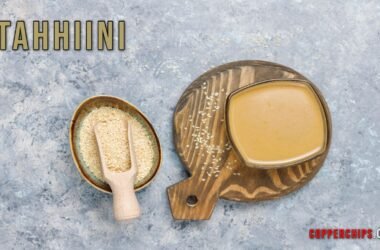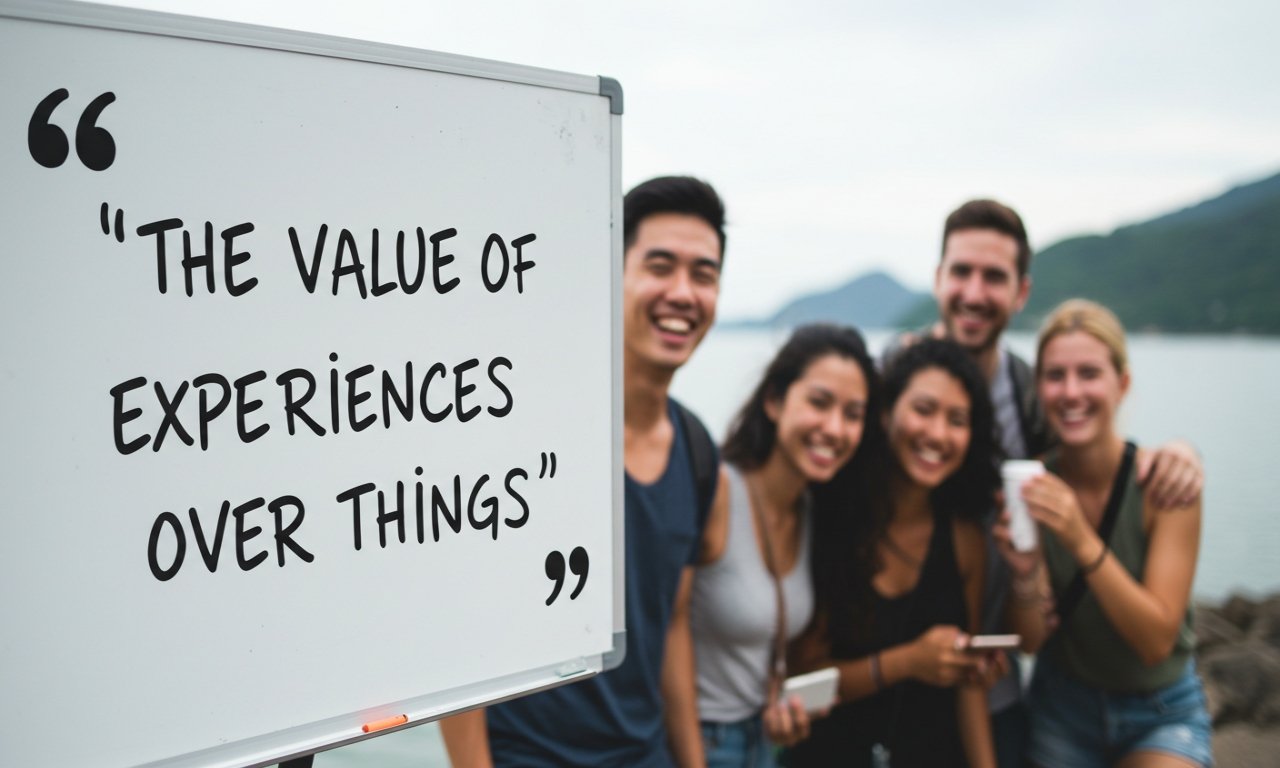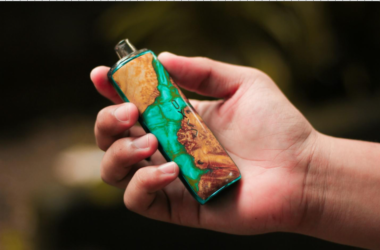Why Experiences Last Longer Than Objects
It’s easy to get caught up in the excitement of buying something new. A phone, a car, or the latest gadget feels exciting in the moment, but over time the novelty fades. What tends to stick with us more are the experiences we have—traveling to a new place, celebrating with friends, or even learning a new skill. Research consistently shows that experiences bring deeper and longer-lasting satisfaction than material possessions. While overspending on either can lead to stress or even the need for debt relief, focusing on experiences often creates positive returns in the form of memories, growth, and connections that objects simply can’t match.
The Fleeting Joy of Things
Material items have their place, but they rarely deliver lasting fulfillment. That rush of happiness when you unbox something new quickly fades as it becomes part of your daily routine. Psychologists call this hedonic adaptation—the tendency to get used to new pleasures until they no longer feel special. The more we chase objects for happiness, the shorter the reward seems to last. Experiences, on the other hand, don’t lose value in the same way because they live on in memory and can even grow more meaningful over time.
Memories That Build Identity
Experiences become part of who we are. A concert you attended years ago, a hiking trip with friends, or even a simple family gathering can shape the stories you tell and the way you see yourself. These memories weave into identity, reminding us of growth, resilience, and connection. A couch or a pair of shoes rarely carries the same weight in defining a life story. By choosing experiences, you’re investing in memories that enrich your personal narrative and continue to pay emotional dividends long after the moment has passed.
The Connection Factor
One of the strongest benefits of experiences is how they bring people together. Sharing a trip, a meal, or an adventure creates bonds that objects cannot. Even when things go wrong—like getting caught in the rain during a picnic or missing a flight on a trip—the story often becomes a cherished memory because it was shared. Material purchases tend to isolate, but experiences expand relationships. This social dimension is part of why experiences feel more valuable—they connect us in ways that last.
Learning and Growth Through Experience
Experiences often come with opportunities to learn and grow. Traveling exposes you to new cultures. Trying a new sport challenges your body and mind. Attending a workshop can spark curiosity or even lead to new passions. These moments contribute to personal development, building skills and resilience that possessions simply don’t provide. The satisfaction of growth and achievement outlives the short-lived thrill of ownership.
Experiences in the Everyday
It’s important to note that experiences don’t have to be expensive or grand to be meaningful. A walk in the park, a homemade dinner with loved ones, or a community event can deliver the same kind of fulfillment as a big trip abroad. The key is presence—focusing on the moment and appreciating it fully. When we invest time and attention in experiences, even simple ones, we create value that lasts.
The Financial Perspective
While experiences may bring more satisfaction, they also require mindful spending. It’s easy to justify overspending on vacations or events in the name of making memories, which can backfire if it leads to financial stress. The goal is balance: investing in experiences without neglecting financial health. Creating a budget for experiences helps prioritize them without jeopardizing long-term stability. When managed wisely, experiences bring joy without leaving behind regret or financial strain.
Why Things Still Have a Place
None of this means possessions are worthless. Objects that support experiences—like camping gear for outdoor trips or a bike for exploring—can add real value. Similarly, items tied to meaningful experiences, such as souvenirs or gifts, carry sentimental worth. The key difference is intention: buying something for its function or connection to an experience often provides more lasting happiness than purchasing something solely for status or novelty.
Conclusion: Choosing What Lasts
Experiences provide richer satisfaction than material goods because they shape memories, deepen connections, and foster personal growth. While things fade into the background of daily life, experiences stay with us, often becoming more valuable over time. Choosing experiences doesn’t mean rejecting possessions altogether, but it does mean prioritizing what truly lasts. By focusing on making memories, learning, and connecting, we invest in a kind of wealth that no object can replace—the wealth of a life fully lived.








